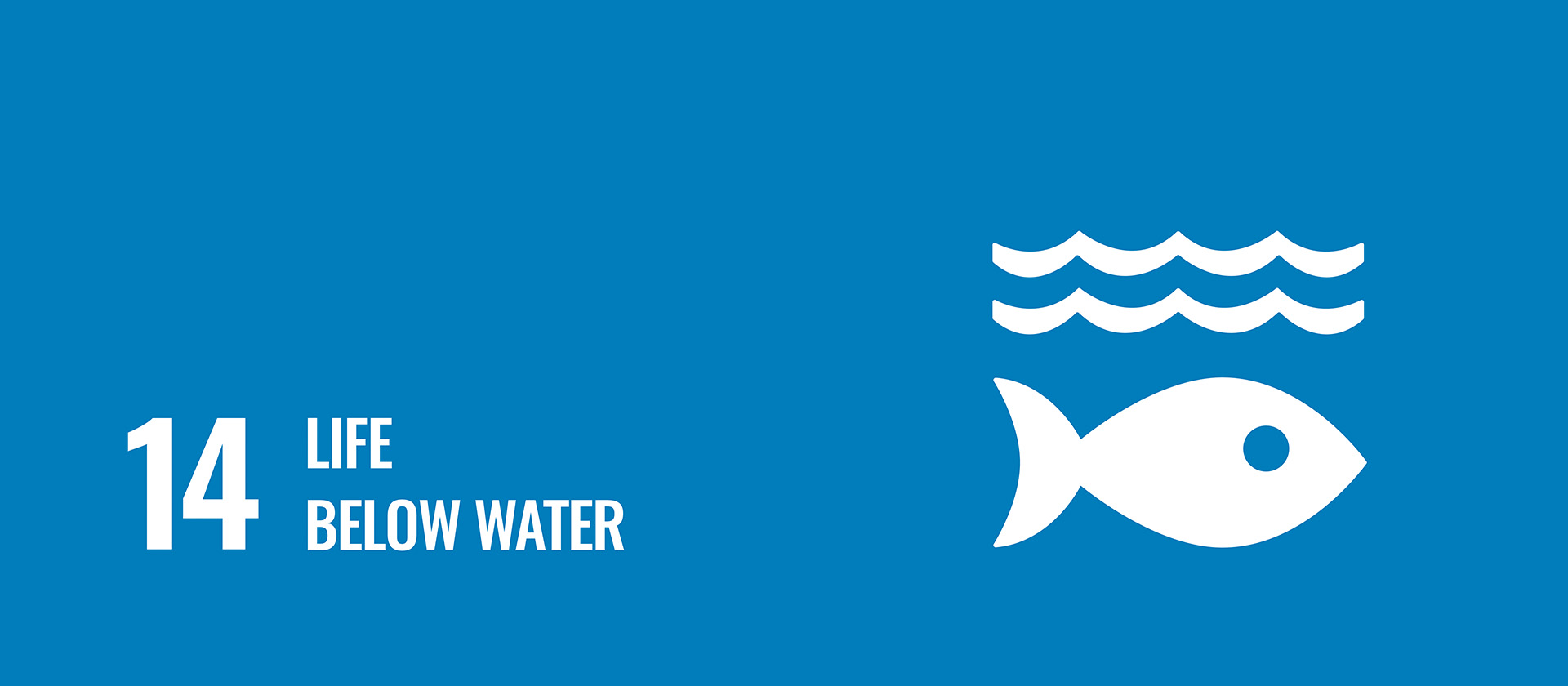Oceans ecosystems and biodiversity have been impacted adversely by pollution and ocean acidification.
All nations need to ensure marine protected areas are supported financially, a consensus on regulatory requirements and reducing overfishing needs to be addressed. A major reduction in ocean acidification and pollution are desperately needed as the world’s oceans help ensure human life is sustained on planet earth.
Find out more about Goal 14: Life below water.
Teaching and Learning
Life below water is a complex topic and at the University of Liverpool, students are able to explore the causes and solutions from a number of different perspectives within course modules. Examples of course modules that have a direct or indirect focus on life below water (as assessed by students) include:
- Advanced conservation biology (ENVS423)
- Maritime geographies (ENVS399)
- Environmental planning and management project (ENVS560)
- Marine Ecosystems: Diversity, Processes and Threats (ENVS122)
- Contemporary Issues in Ocean and Climate Sciences (ENVS366)
- Climate, Atmosphere and Oceans (ENVS111)
We recognise that there is much more to do to equip students with the knowledge and skills that they need to make a contribution to achieving this global goal. Working with the Guild of Students our undergraduates and postgraduates have the opportunity to audit their curriculum modules for their relevance to SDG14: Life below water and to make recommendations for changes to the course content. For more information on how students can get involved see the Guild curriculum audit report.
The University has also established a Biodiversity Action Group. This group brings together academics, students and representatives from the Centre for Innovation in Education to develop a strategic plan for embedding SDGs into the curriculum including SDG14.
There are also a number of ways that students can support the aims and objectives of SDG14 through extra-curricula activities, including through including volunteering opportunities provided by the Guild of Students.
Research and knowledge exchange
The University contributes to the identification of problems that can occur within life below water and the potential solutions across many areas of research. Some key examples are:
- Liverpool Institute for Sustainable Coasts and Oceans, Oceans and Climate Research Theme
- New report reveals impact of climate change on UK coasts and seas
- Brian Moss Aquatic Mesocosm Facility
Back to: Sustainability
